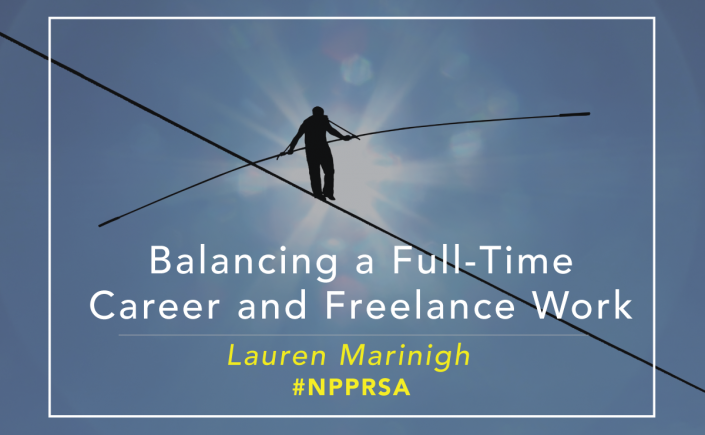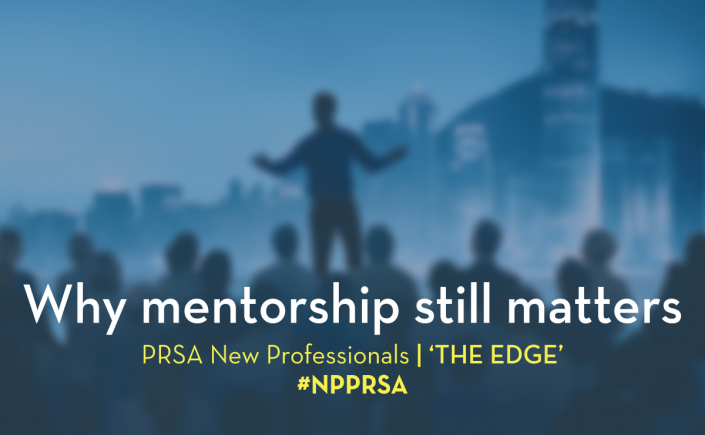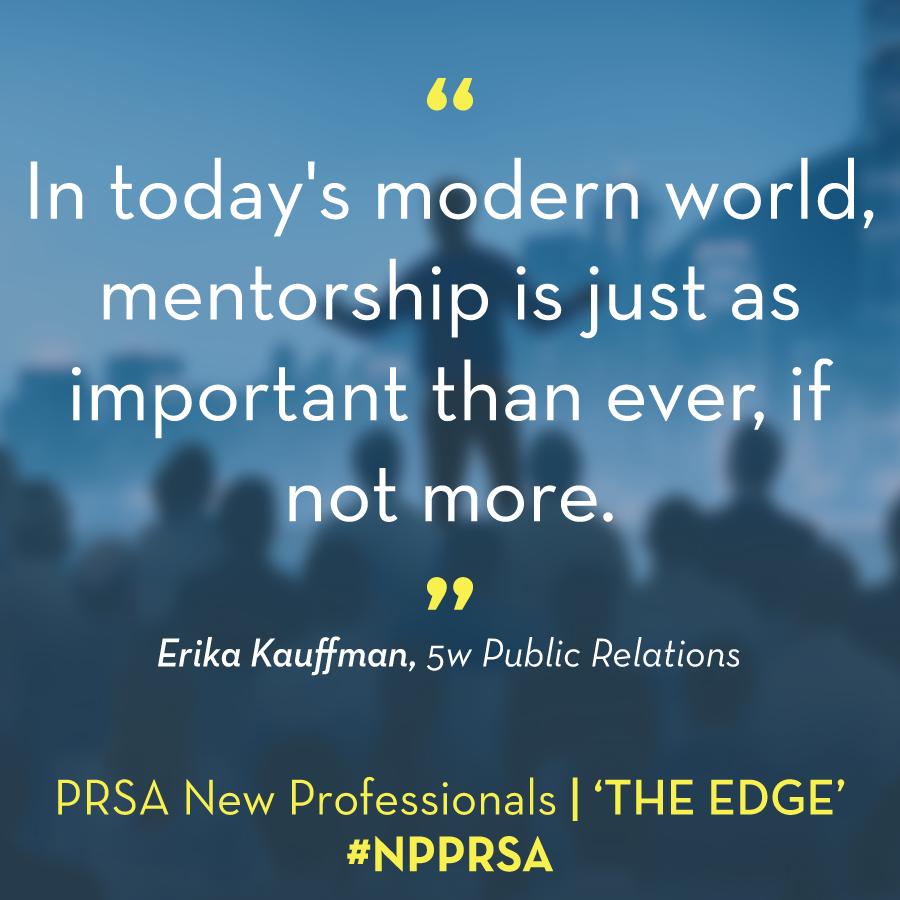For marketing and communications professionals, the opportunity to freelance on the side of full-time careers is growing.
In 2014, a study showed that more than one in three workers in America were freelancing, a statistic that confirms the ever-growing demand of freelancers in our constantly changing workforce.
Although the demand for freelancers is expanding, many people still can’t trust the instability of the freelance world as their primary income source.
That’s why professionals, especially new professionals, are working full-time careers, while juggling part-time freelance work on the side. Learning to manage both is tough, but people are making it happen, and you can to.
Organize
If you’re going to juggle a full-time career on top of a part-time one, organization isn’t just encouraged – it’s critical.
Find what works best for you and helps you stay on top of all your deliverables. For some people, it’s using an agenda. For others it may be their cell phone or computer calendar, or to-do lists and sticky notes.
Whatever helps you remember and stay on top of everything is going to be crucial to the balancing act needed for being a full-time professional and freelancer.
Prioritize
Your full-time career should never suffer when pursuing freelance opportunities; after all, this is where the bulk of your income probably comes from.
Learn to prioritize your day or week. When you’re in your full-time job, you should only be focusing on your full-time job. By prioritizing your work and day at your career, you’ll be able to stay on top of what’s expected from you and not fall behind.
Once you fall behind in your full-time job, you may find yourself staying late and working overtime, which will in turn trickle down to how you are going to meet the deliverables of your side freelance projects.
Prioritize your entire day from start to finish. What needs to be done as soon as possible, and what can wait?
Work-Life Balance
When balancing a career and freelance work, it’s easy to lose site of having any outside life at all.
You may feel that outside of work you’re actually working more, and you have no room for fun. But you need to overcome this habit.
Don’t cancel your workout because you need to work late. Learn to prioritize and organize your tasks and projects so you can work around your workout or night out.
When you keep the fun stuff in your life, you’ll see better work, increased productivity, and you’ll be much happier, which is really the most important thing.
Dedication
Being a freelancer on top of working full-time takes dedication to your industry and career, and to yourself and your clients/employers.
If you don’t have the motivation to get stuff done, stay on top of your deliverables, and do work outside of your 9-5 job (sometimes on weekends), then balancing both these career paths may not be for you.
There will be times you just want a day off, times you just want to lock yourself in your room and unplug from the world, but dedication and perseverance is what will get you through those overworked slumps.
Create Boundaries
To avoid wanting to lock yourself away from the world, set boundaries for yourself. When freelancers first start out, and start to land their initial clients and jobs, it’s exciting, and it may be hard to learn when to say no.
But saying no to someone doesn’t mean you are burning a bridge, and most people will appreciate your honesty. Know your limits, and know what you’re capable of.
If you already feel like you have too much to do, and you pull all nighters to get work done, you’ve probably taken on too much.
Balancing freelance work and a full-time career isn’t for everyone. It does take a certain type of person who can manage both of these career paths at once.
To learn if this is for you, test the waters by taking on one freelance client at a time, and slowly build up to more if you can manage.
Do you have any tips for balancing a full-time job and freelance work? Share below!
 Lauren Marinigh is a graduate of Sheridan College, with a diploma in Advertising, and certificate in Corporate Communications. She currently works as a Social Media and Content Creation Coordinator, for a large non-profit in Toronto, and as a freelance social media consultant and writer. Find her on Twitter, or visit her industry blog.
Lauren Marinigh is a graduate of Sheridan College, with a diploma in Advertising, and certificate in Corporate Communications. She currently works as a Social Media and Content Creation Coordinator, for a large non-profit in Toronto, and as a freelance social media consultant and writer. Find her on Twitter, or visit her industry blog.






